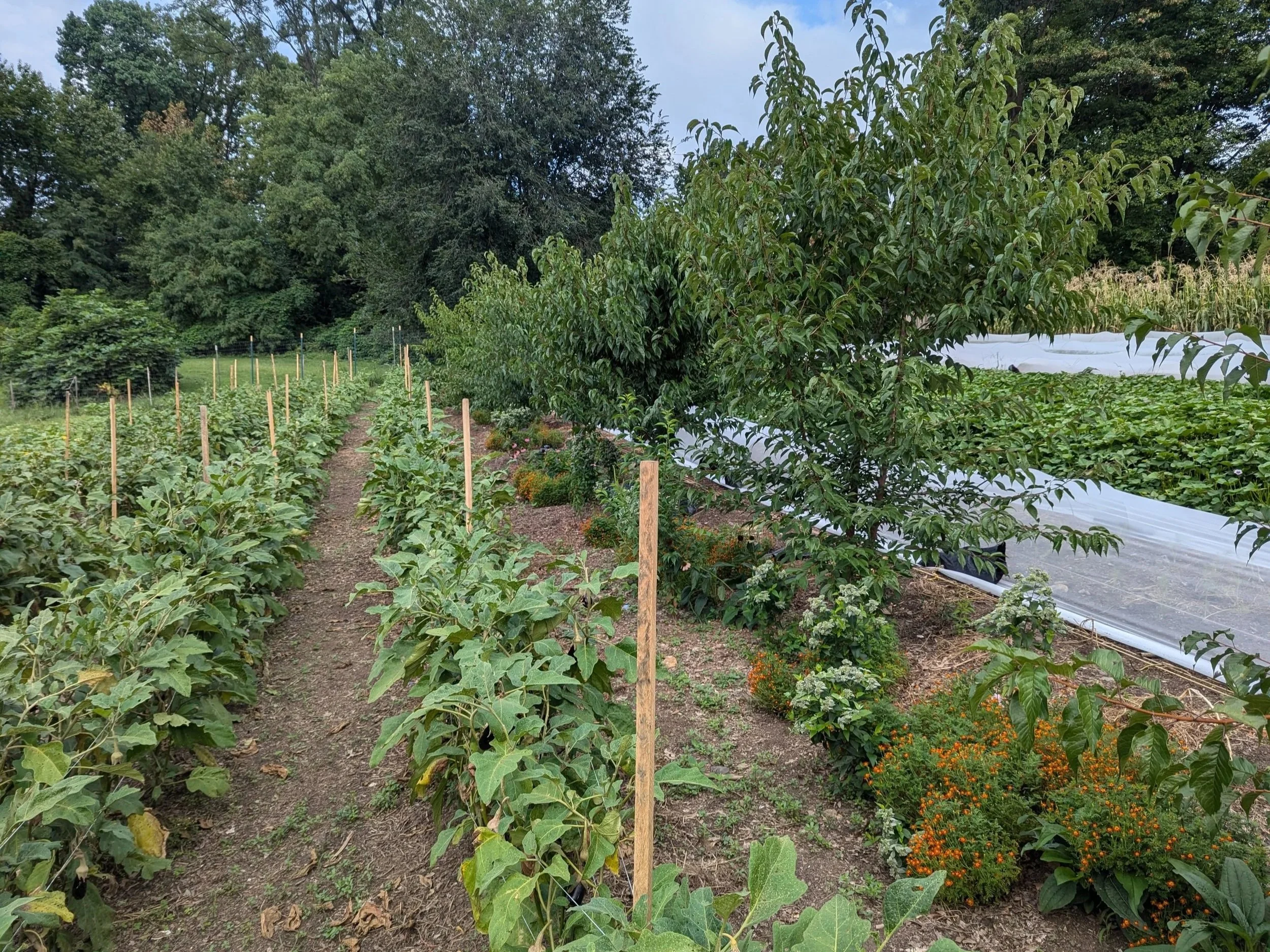Smaller fields and organic crops can boost pollinator grassland diversity
A study by Julius-Maximilians-Universität Würzburg shows that smaller arable fields and organic farming near calcareous grasslands significantly boost pollinator diversity, including endangered species. Conducted in 40 grassland areas across northern Bavaria, researchers identified 231 wild bee species, 90 butterfly species, 62 hoverfly species, and 274 flowering plant species—many listed as endangered in Bavaria.
The research, led by Professors Steffan-Dewenter, Holzschuh, and Krauss, found that larger grassland areas and increased habitat connectivity positively influenced species richness, especially for solitary bees and butterflies. Conversely, increasing adjacent field sizes by just one hectare reduced bee populations by over a third.
Organic farming also had a notable impact: just a 10% increase in organically managed land boosted bumblebee populations by 10% and endangered butterfly numbers by 20%. The study emphasizes that improved habitat quality and thoughtful landscape management—particularly smaller fields and organic practices—can effectively support pollinator conservation.
However, researchers stress these measures alone are insufficient to halt biodiversity loss. Expanding high-quality habitats and enhancing their connectivity are urgently needed to protect pollinators in human-altered landscapes over the long term.

